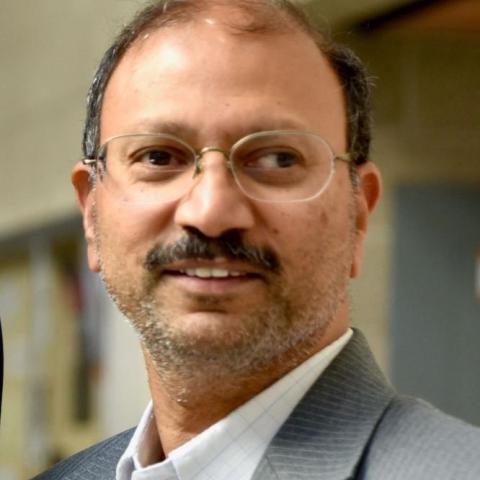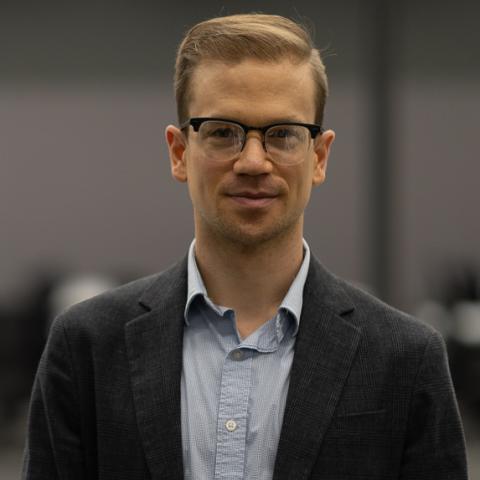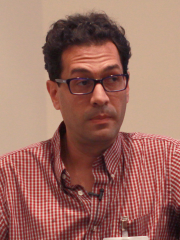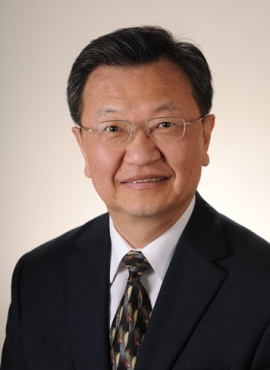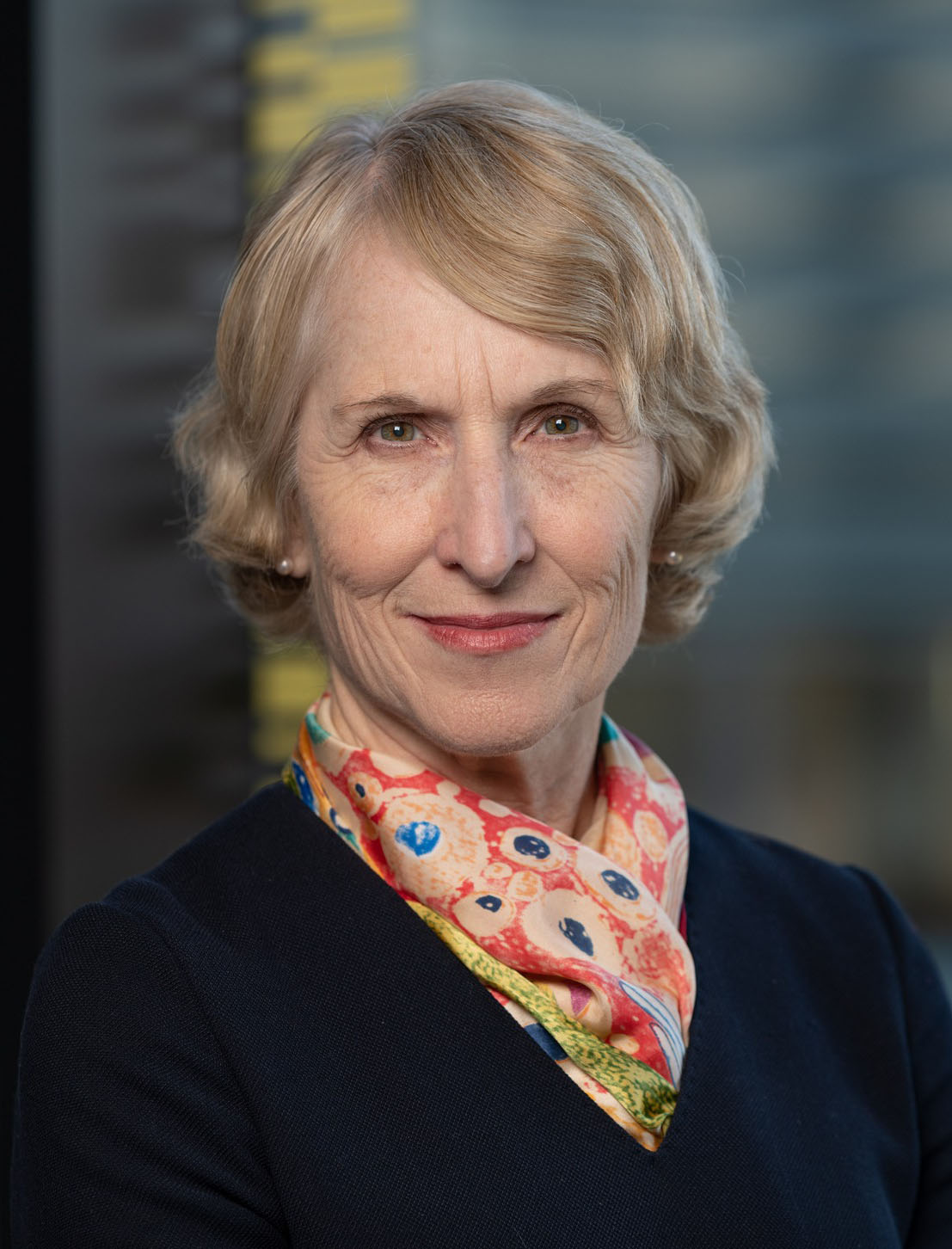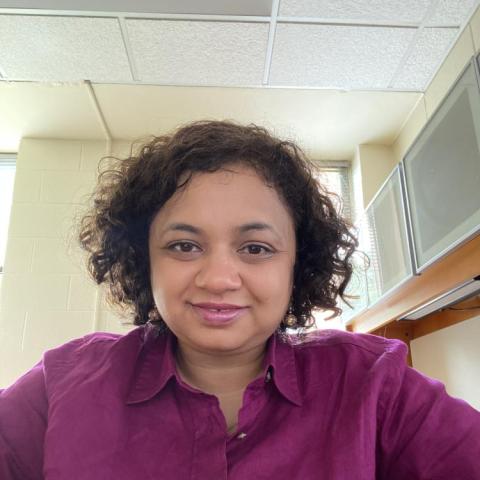Karthik Menon
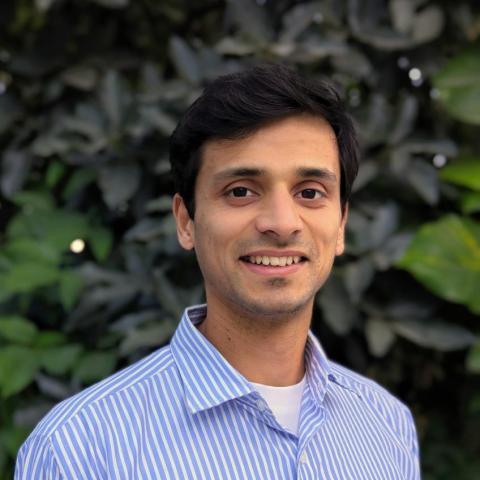
Karthik Menon is an Assistant Professor with a joint appointment in the Woodruff School and the Coulter Department of Biomedical Engineering. Menon graduated with a Ph.D. in Mechanical Engineering from Johns Hopkins University in 2021, where his doctoral work focused on the flow physics of fluid-structure interactions and vortex-dominated flows. Before joining Georgia Tech, he was a postdoctoral scholar in the Department of Pediatrics and the Institute for Computational and Mathematical Engineering at Stanford University. At Stanford, he worked on computational methods for accurate patient-specific cardiovascular blood flow simulations and uncertainty quantification. Menon’s broad research interests include fluid mechanics, computational modeling, and data-driven methods. His research aims to advance interdisciplinary technology in a wide range of healthcare, engineering and energy applications. Fluid dynamics is central to some of the biggest challenges and opportunities in these domains – such as personalized treatments for cardiovascular disease, extracting renewable energy from flowing water and wind, and developing bio-mimetic flying and swimming robots. Menon’s work tackles these challenges by uncovering new physics and combining high-performance computing with data-enabled techniques.
- Aerospace, Energy Harvesting, Renewable Energy
- Bioengineering
- Diagnostics
- Healthcare
- High Performance Computing
- Machine Learning
- Molecular, Cellular and Tissue Biomechanics

